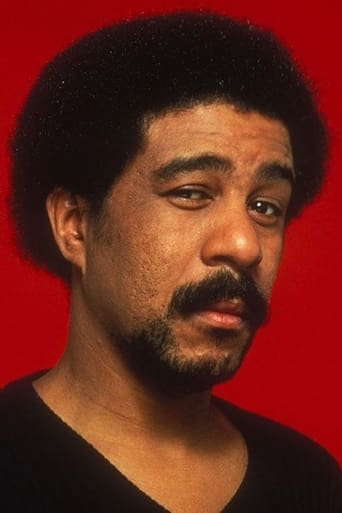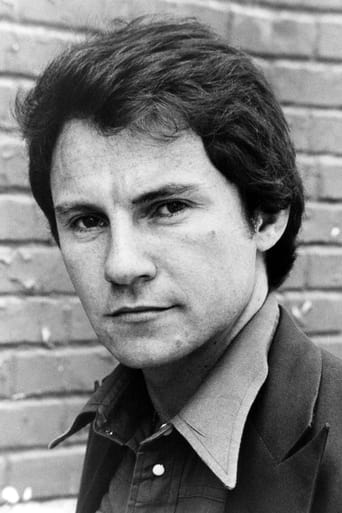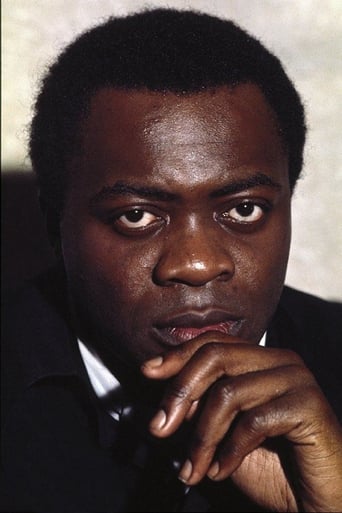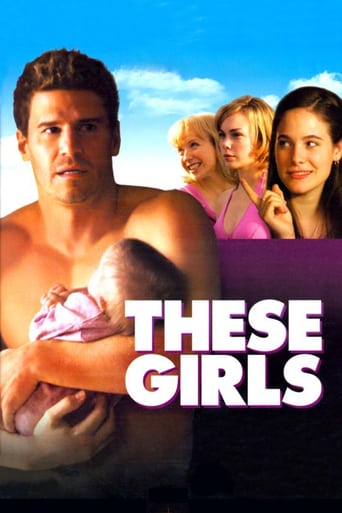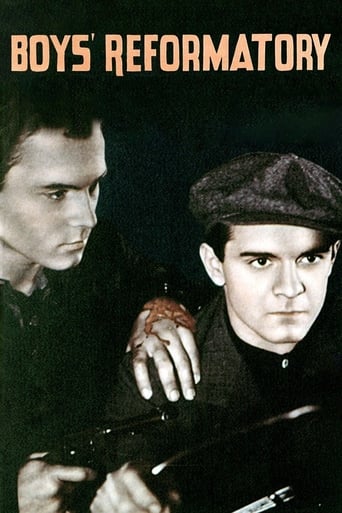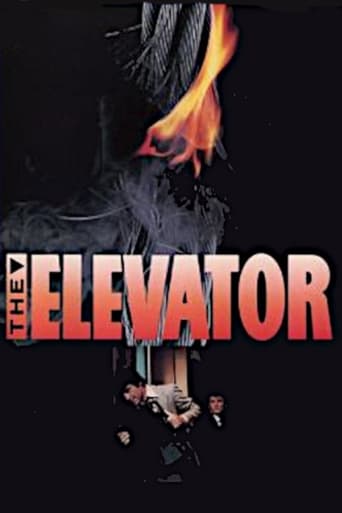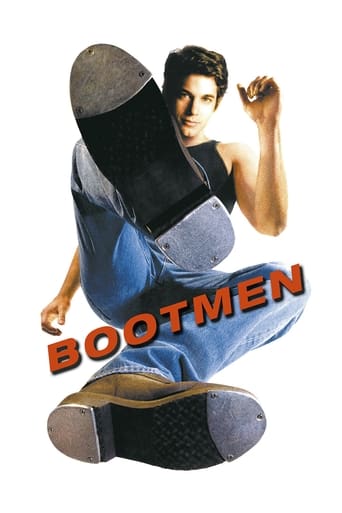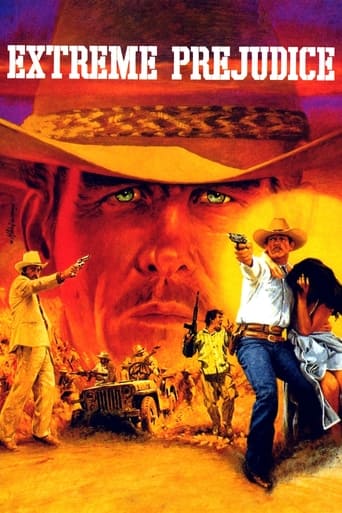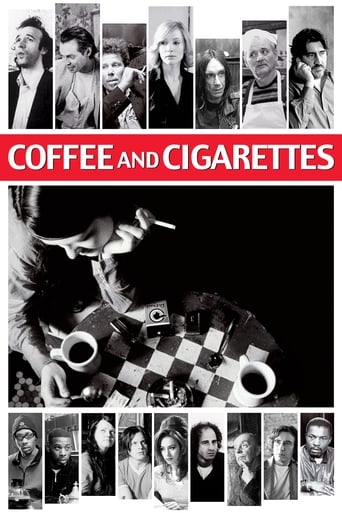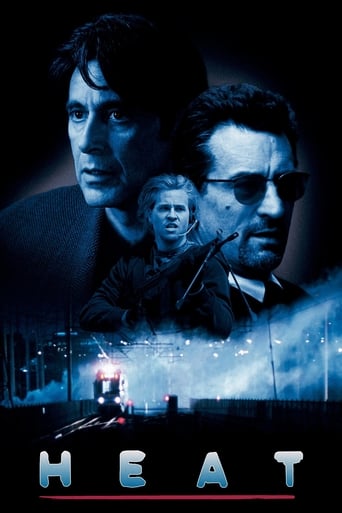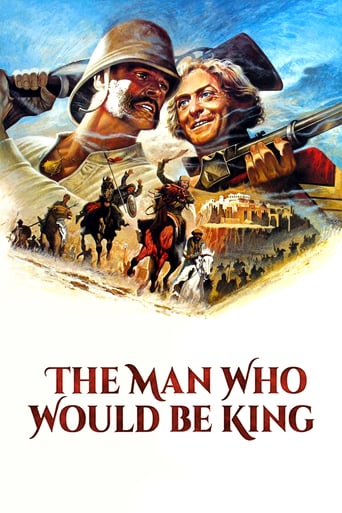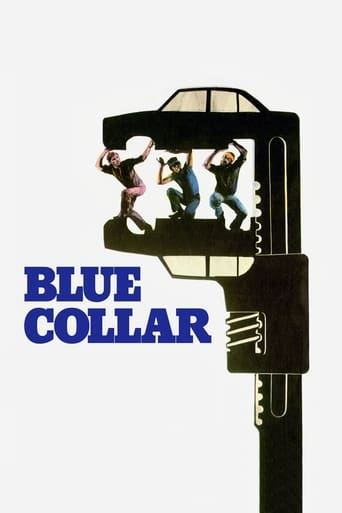
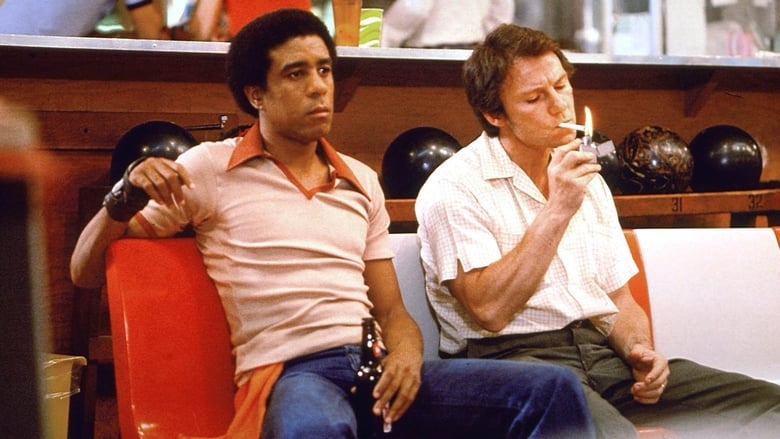
 Watch Now
Watch Now




Blue Collar (1978)
 Watch Now
Watch Now




Fed up with mistreatment at the hands of both management and union brass, and coupled with financial hardships on each man's end, three auto assembly line workers hatch a plan to rob a safe at union headquarters.
Watch Trailer
Cast


Similar titles
Reviews
Memorable, crazy movie
The film makes a home in your brain and the only cure is to see it again.
A movie that not only functions as a solid scarefest but a razor-sharp satire.
There are moments in this movie where the great movie it could've been peek out... They're fleeting, here, but they're worth savoring, and they happen often enough to make it worth your while.
Very believable characters and setting, with an interesting plot that revolves around a world seldom seen on film. Very well done movie that gets overlooked and it has an earthy feel that permeates everything. Check it out.
From Captain Beefheart's grinding musical intro, through its unflinching critique of the pitfalls of a capitalist society, to the frozen image of a compelling friendship distorted by futility and hate – Blue Collar (Schrader, USA, 1978) is a disturbing, traumatic vision of the plight of the working class in late 1970s America. As it centres mostly sympathetically on the plight of a trio of workers on a Detroit automobile line, it has been critiqued through a Marxist lens. These men are locked into a relentless production system in which they are truly only cogs in the greater capitalist machine, and despite their best efforts to escape, they are essentially chewed up and spit out by a system that is simply too much of a behemoth to be outrun.The opening monochromatic sequence of workers on the line transforms them into automatons among cascades of welding sparks. Freeze frames and the repetitive, distorted blues riff further amplify the sense of an infernal environment the men toil within; indeed, many workers are pictured in pits, beneath the chassis of half-built cars, wearing welder's goggles. The sense of ratcheted-up tension in this place is immediately tangible; so much friction, noise and mechanical mayhem must, like hell, be gradually crushing their souls, and it is immediately clear that it is from this place our eventual 'heroes' will be attempting to escape.These heroes turn out to be a trio of pretty unremarkable and not- particularly-bright blue collars. Interestingly, Zeke (Richard Pryor) and Smokey (Yaphet Koto) are black, and Jerry (Harvey Keitel) is white. It is likely that this racial mix of main characters in a film would have been unusual in the 70s; even more unique because there is very little racial tension in the film except at key crests of conflict and anger. No, the characters get along like gangbusters, hanging out at the bar and friendly with each other's families. In fact, the night they dream up their heist, they have been living it up at a very interracial sex and drug party. Combining interracial sex with drug use and portraying it in such a neutral light seems quite avant garde, since it is in this context where the configurations of race and power are normally extremely touchy to U.S. censors.The primary conflict here is not about race, although the corrupt union bosses and shady management at the plant all are whites in suits and ties; it is more about the corruption of this production empire. Working conditions never improve, even in the tiniest ways (like Zeke's broken locker and the perpetually dysfunctional vending machine) despite the men paying into a union and complaining to their reps on a regular basis. Compounding these extremely irritating details on a day-to-day basis are the struggles with raising a family on a low income and tiptoeing precariously on a knife edge of expenses (Jerry's daughter needs braces so badly, she injures herself trying to use paper clips) and debt (Zeke has lied to the IRS). The men escape to the aforementioned orgy and fuelled by cocaine and booze, hatch a plan to attack what they've come to see as their enemy, their own lazy union by stealing dues from a safe at their local.The heist goes ahead and one moment during the robbery has a particularly tragi-comic poignancy: as a guard pokes around while they are hidden in the safe, they emerge wearing ludicrous cartoon disguises. By robbing the union, the men are after all pretty much robbing themselves and it turns out their heist has left them with only a ledger. In cleverer hands, this ledger could have been leveraged to win them some freedom, but it ends up being used to divide them as they are unable to avoid being identified by their bosses and pitted against each other, ultimately leading to Smokey's murder (by drowning in blue paint!).The dominoes keep falling until Zeke has acquiesced to become a union puppet and Jerry has gone to the FBI. The final sequence of the film depicts Jerry and Zeke hurling racial abuse at one another and almost coming to blows, with a backdrop of cars still in production. The capitalist machine hasn't even suffered a dent and the story of the trio of friends has ended in a total wreck. The industrial blues riff kicks in again over a diabolically red screen for the credits, and damnation! Nothing has changed.
This is a great movie, a really great movie, this type of American cinema did fade into the background towards the end of the 70s. Primarily due to the increasing popularity of the blockbuster movie, but to avoid the cliché, that genre had been around long before "Jaws" and "StarWars".These type of movies have been re-emerging of late ,as the blockbuster is starting to falter, people want a bit of meat ,and not just to be the vegetables. Blue Collar is a slice of life, social commentary, crime caper, some people seem to find the characters habits unappealing, but that is taking this from the point of view ,that the heroes of the piece needed to be altruistic to the extreme ,as the union is the enemy. I feel that is reading this wrong,there are no goodies and baddies here.Thats the point,the film is letting you decide, it places all its moral questions right in front of you, whatever you think, it made you think,didn't it ?Anyone who has ever worked, can recognise something relevant to them in this film, why do we work , to perpetuate a cycle , everyone knows the questions and answers, as bleak as the situation may be, this film forces you to examine societies structure, and your place in it.In the present age of trivial pursuits, thats more important than ever !
Blue Collar (1978) was the directorial debut of one time Hollywood wunderkind Paul Schrader. After the success of TAXI DRIVER, Paul Schrader set off to make his own film. The movie was BLUE COLLAR and it starred Harvey Keitel, Richard Pryor and Yaphet Kotto. But with all those egos in one room fueled on the wonderful medicinal drugs that were available to all of them during the seventies caused a multitude of problems on and off the set.The film is about a group of disgruntled autoworkers that are tired of their corrupt and ineffective union. The three buddies decide to do something about their financial woes. But when they do, their problems have only just begun! Can the three friends ride out the upcoming store or will they all succumb to the usual pratfalls?An impressive debut for Paul Schrader. But someone who lived a repressive lifestyle such as Mr. Schrader has growing, he want totally unprepared for life in the seventies. Over the next several years, he'll suffer heartache and a personal breakdown before going back to the clean and straight life.Highly recommended!



